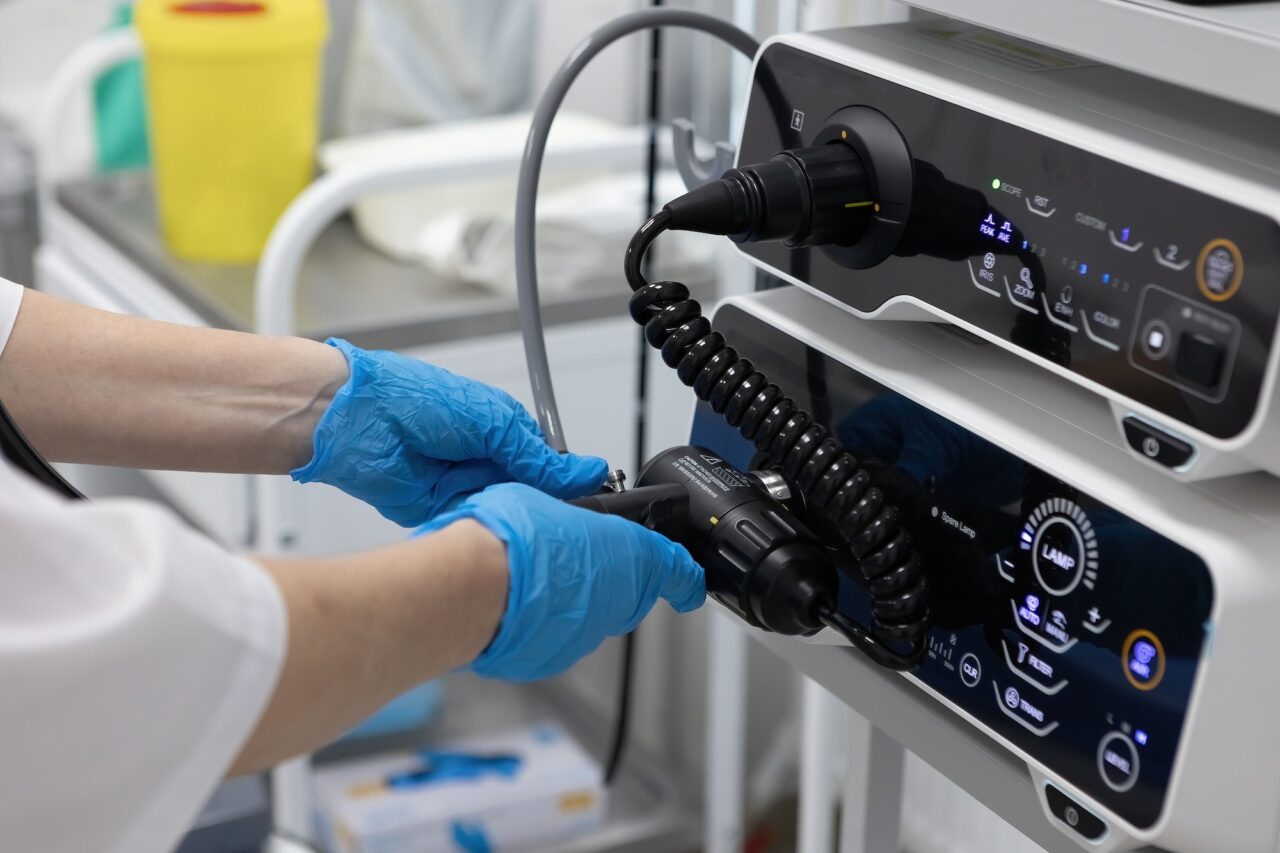Advanced gastric adenocarcinoma (GAC) often metastasizes in the peritoneal cavity, and peritoneal carcinomatosis (PC) treatments are mostly ineffective. Understanding the molecular signaling pathways that affect immune response in the tumor microenvironment could help improve therapeutic strategies. SOX9, a highly expressed gene in GAC and PC, is a known downstream target of oncogenic signaling pathways, but its influence on the immune system has been poorly understood.
Researchers led by Shumei Song, M.D., Ph.D., used bulk RNA sequencing as well as in vitro and in vivo GAC and PC models to discover that SOX9 is involved in reducing tumor-suppressing CD8+ T cell response and increasing tumor-promoting immune cells through the LIF/LIFR signal pathway. Reducing SOX9 and inhibiting LIF/LIFR signaling significantly reduced tumor growth in vivo, suggesting this combination therapy warrants further evaluation.


